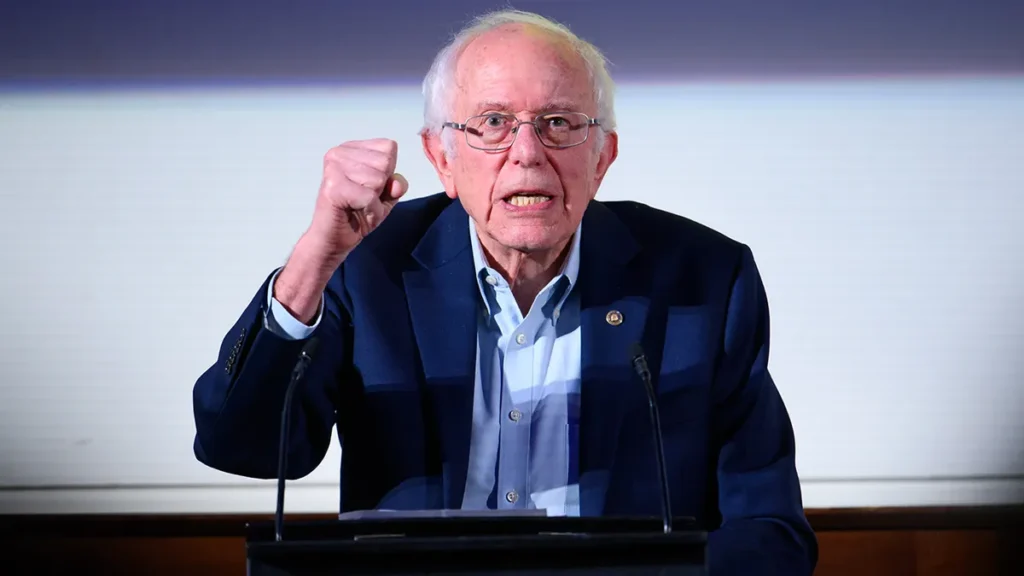In a recent call to action, Senator Bernie Sanders emphasized the urgent need for New Yorkers to vote for Zohran Mamdani in the city’s mayoral race, highlighting that billionaires have already spent $19 million to defeat him. This surge in spending exemplifies how big money influences elections, often prioritizing the interests of the wealthy over working-class voters. Mamdani, a progressive voice advocating for rent control and tenant protections, has ignited enthusiasm among younger voters and labor organizers. However, he faces stiff opposition from real estate and finance sectors alarmed by his policies.
Sanders warns that the mounting billionaire influence distorts democracy, where political spending has become akin to investment, affecting housing, wages, and consumer prices. This election symbolizes a critical test for democracy itself: can grassroots movements overcome vast financial resources? Voter sentiment is mixed, with many feeling both frustrated by the negative ads and motivated by the disproportionate spending aimed against Mamdani.
The broader implication of this race extends beyond city politics; it’s a reflection of a national trend where wealth increasingly dictates governance. As voters confront the growing role of money in politics, Mamdani’s potential victory could signify a triumph for people-powered politics. The final outcome may determine whether the future of New York—shaped by its residents or the billionaire elite—is in the hands of its people.



